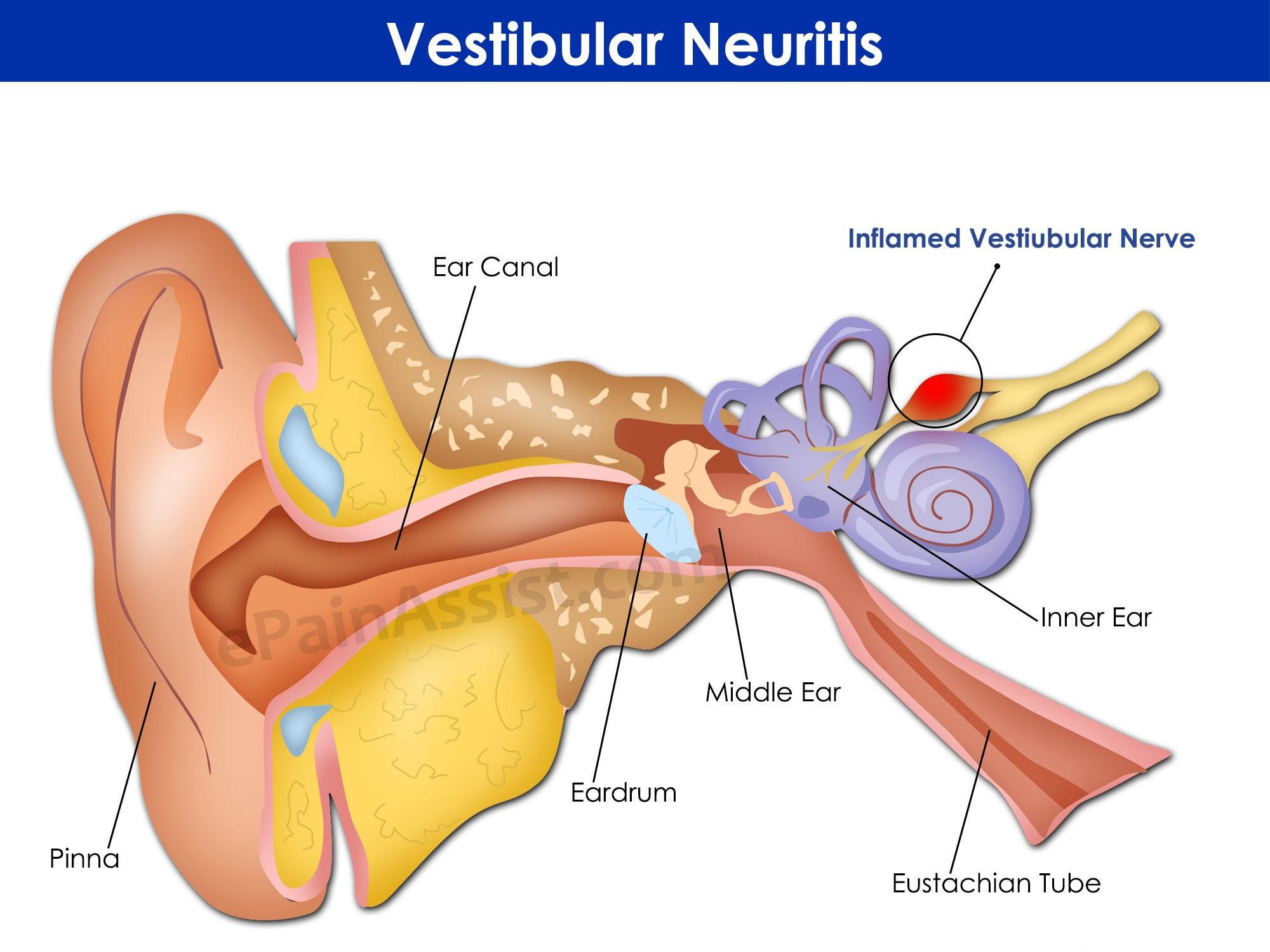Overview
Neuritis refers to the inflammation of a nerve or the protective covering of a nerve, which can result in pain, dysfunction, and damage to the affected nerve. This condition can arise from a variety of causes, such as infections, autoimmune diseases, trauma, or metabolic disorders, and the symptoms depend largely on which nerve or nerves are involved.
Neuritis typically occurs when a nerve becomes inflamed due to an underlying condition. The inflammation can damage the nerve fibers and the nerve sheath, interfering with normal nerve function. Nerve fibers may suffer from demyelination (loss of the protective myelin sheath), which slows or disrupts the transmission of electrical signals between the nerve and the brain or other parts of the body.
In the case of autoimmune disorders, the body’s immune system mistakenly attacks its own nerves. In infection-related neuritis, bacteria or viruses invade the nerve or its surrounding tissues, leading to inflammation.
Types of Neuritis
Optic Neuritis
Optic Neuritis is an inflammation of the optic nerve, the nerve responsible for transmitting visual information from the eye to the brain. It often leads to vision impairment in one eye, ranging from mild visual disturbances to significant vision loss. Optic neuritis is most commonly seen in young adults, particularly women, and is frequently associated with autoimmune conditions, most [...]
Vestibular Neuritis (Otic Neuritis)
Vestibular neuritis, also known as otic neuritis, is an inflammation of the vestibular nerve, a component of the eighth cranial nerve (vestibulocochlear nerve). The vestibular nerve is responsible for transmitting signals from the inner ear to the brain, helping to maintain balance. When this nerve becomes inflamed, it leads to significant disruption in the body’s balance system, causing symptoms like [...]
Brachial Neuritis
Brachial neuritis, also known as brachial plexus neuritis or Parsonage-Turner syndrome, is a rare condition characterized by the sudden onset of pain and weakness in the shoulder and upper arm due to inflammation of the brachial plexus, a network of nerves that originates in the neck and controls movement and sensation in the arm and hand. The exact cause of [...]
Facial Neuritis
Facial neuritis refers to inflammation of the facial nerve (cranial nerve VII), which controls the muscles of facial expression. When this nerve becomes inflamed, it can lead to a condition commonly known as Bell’s palsy (when it occurs idiopathically, i.e., with no known cause) or may occur secondary to other medical conditions, infections, or trauma. Facial neuritis causes unilateral facial [...]
Optic Neuritis
Optic Neuritis is an inflammation of the optic nerve, the nerve responsible for transmitting visual information from the eye to the brain. It often leads to vision impairment in one eye, ranging from mild visual disturbances to significant vision loss. Optic neuritis is most commonly seen in young adults, particularly [...]
Vestibular Neuritis (Otic Neuritis)
Vestibular neuritis, also known as otic neuritis, is an inflammation of the vestibular nerve, a component of the eighth cranial nerve (vestibulocochlear nerve). The vestibular nerve is responsible for transmitting signals from the inner ear to the brain, helping to maintain balance. When this nerve becomes inflamed, it leads to significant [...]
Brachial Neuritis
Brachial neuritis, also known as brachial plexus neuritis or Parsonage-Turner syndrome, is a rare condition characterized by the sudden onset of pain and weakness in the shoulder and upper arm due to inflammation of the brachial plexus, a network of nerves that originates in the neck and controls movement and sensation [...]
Facial Neuritis
Facial neuritis refers to inflammation of the facial nerve (cranial nerve VII), which controls the muscles of facial expression. When this nerve becomes inflamed, it can lead to a condition commonly known as Bell’s palsy (when it occurs idiopathically, i.e., with no known cause) or may occur secondary to other medical [...]



